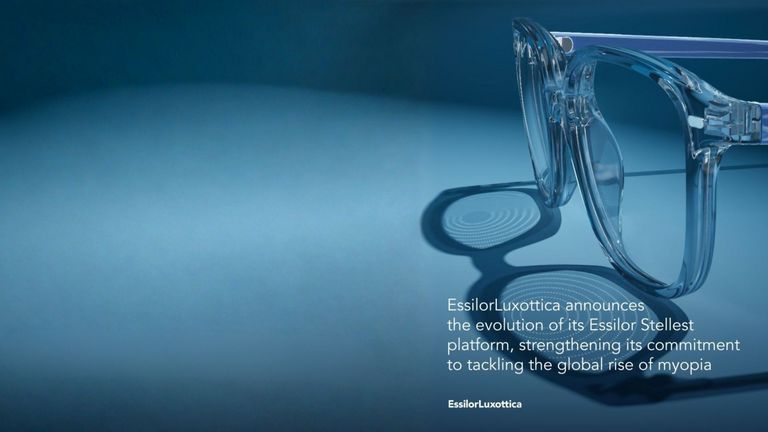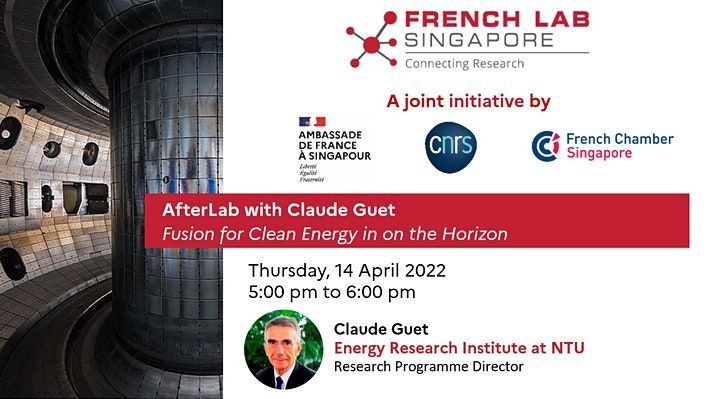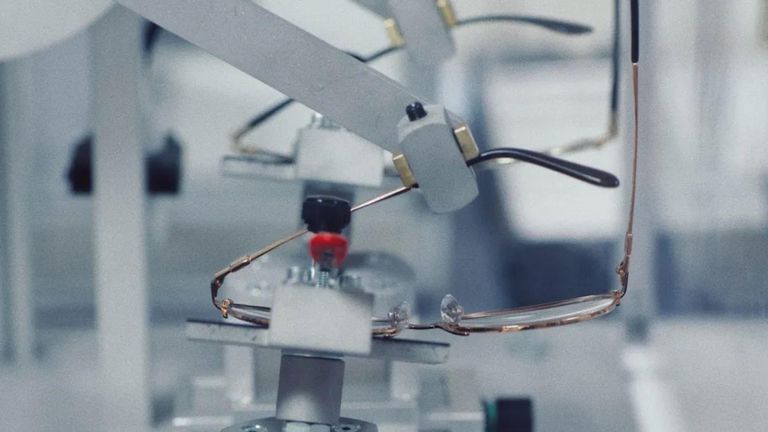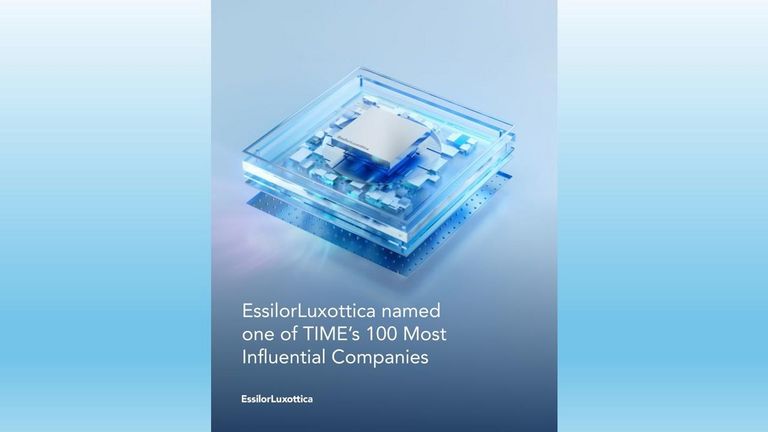

Networking French Lab • Research & Development
AfterLab by Claude Guet: “Fusion for Clean Energy”
Event language(s)
english
Event ended.
Join our casual French Lab meeting with Claude Guet on Fusion for Clean Energy

Join our monthly casual French Lab meeting ‘AfterLab’ with Claude Guet, visiting Professor at the School of Physical and Mathematical Sciences at the Nanyang Technological University, Singapore and Programme Director for Research & Students at the Energy Research Institute at NTU (ERIAN).
Claude Guet was Senior Advisor to the CEO of CEA (French Alternative Energies and Atomic Energy Commission) up to January 2019. Holding a Doctorat d’Etat from University Joseph Fourier in Grenoble, he conducted his research activities at CEA, Institute Laue Langevin, Institute of Theoretical Physics at Regensburg, the Niels Bohr Institute in Copenhagen, Institute for Theoretical Atomic and Molecular Physics at Harvard, Yukawa Institute of Theoretical Physics at Kyoto, etc.
His main research achievements include theoretical and experimental contributions to nuclear physics, atomic and plasma physics, and nanophysics. Claude Guet has worked closely with IAEA on nuclear knowledge management, setting up recommendations and guidelines for nuclear curricula, and assessing nuclear education and training programmes in numerous countries.
To find out what Claude will be covering during her AfterLab, please take a look at her abstract below:
“Fusion for Clean Energy in on the Horizon”
Climate change requires massive efforts to reduce carbon dioxide emissions and progressively ban fossil fuel burning. Paradoxically, the need for electricity is expected to grow substantially. Renewable energy increasingly contributes to carbon-free electricity production; however because of intermittency and limited storage technologies a carbon-free baseload is highly desirable. Nuclear fusion, a safe and potentially unlimited energy source, could provide the solution earlier than initially thought.
Whereas nuclear fusion science and technology was primarily studied in the framework of large research institutions with governmental funding, private ventures and financial investors are entering the game. The private sector promises efficient technology transfer from fundamental science to the marketplace over the next twenty years or so. Temasek Holdings has invested US$65M in General Fusion in Vancouver, Canada, one of the five principal companies active in the field.
Parallel to its investment in General Fusion, Temasek has awarded NTU a Fusion Chair Professorship which focuses on “Theoretical and Computational Plasma physics”, supported by an endowment of S$6 million. The objective of the Chair professorship is the first step to build competencies and skills that will allow Singapore to keep abreast with ongoing progress in fusion science and technology and possibly be ready to participate in the development of some specific demonstrator. NTU and a strong joint research programme with CEA will be at the forefront of this mission.
Nuclear fusion is the process that fuels the Sun and stars. A quasi similar process can be replicated on Earth to provide potentially inexhaustible, carbon-free electrical power generation as a sustainable baseload. The basic reaction for nuclear fusion to happen is the collision of two isotopes of hydrogen, viz. deuterium and tritium. For a fusion reaction to occur, a temperature above 100 million °C must be reached. At such a temperature the particles form a plasma, the fourth state of matter. Two strategies have been pursued to produce plasmas for fusion energy: magnetic confinement and inertial confinement. Magnetic confinement has emerged as the preferred route for energy production, thus far. Tokamaks and their variants are widely considered to be the most promising design. ITER is set to become the world’s largest magnetic fusion facility.
In this conference, he shall introduce the basics of nuclear fusion, a layman view of the complex behaviour of magnetized plasma at a temperature of about 150 million C surrounded by cold walls, the past achievements, the present efforts and the ITER project, and the prospects for future production of electricity.
This AfterLab will be one of the first hybrid events of French Lab. Therefore participants are welcome to choose between in-person (location : French Embassy) or digital tickets.
Note that there are limited seating spots to respect and comply with safe management guidelines, hence physical attendance tickets will be sent out on a first come first served basis only.
French Lab Singapore is a joint initiative by CNRS, Ambassade de France and French Chamber of Commerce in Singapore : https://frenchlab.sg/
AfterLab by Claude Guet: “Fusion for Clean Energy”
Event ended.

